-79%
Beyond the Diagnosis: Understanding the Multifaceted Nature of Depression
Depression, in its various forms, has profound ramifications not only on individuals but also on societies at large. This article aims to delve into the complexities of depression, exploring its psychosocial dimensions and the diverse treatment approaches that address its unique manifestations.
Etiology: Unveiling the Roots of Depression
The origins of depression are multifaceted, encompassing both biological and subjective factors. Biological research has identified neurochemical imbalances, genetic predispositions, and hormonal dysregulations as potential contributors. However, the subjective experience of depression, shaped by culture, life experiences, and personal beliefs, adds another layer of complexity to its etiology.
Diagnosis: Distinguishing Shades of Sadness
Diagnosing depression is an intricate process, requiring a comprehensive assessment that distinguishes between normative sadness and pathological depression. Healthcare professionals rely on established diagnostic criteria to evaluate symptoms such as persistent low mood, anhedonia, and cognitive impairments. However, the subjective nature of these experiences requires a nuanced approach that considers individual contexts and cultural influences.
Treatment: Navigating the Spectrum of Interventions
The treatment of depression encompasses a wide spectrum of interventions, ranging from pharmacological approaches to psychotherapy and lifestyle modifications. Pharmacotherapy, with its ability to directly target neurochemical imbalances, has proven effective in managing depression symptoms. However, psychotherapy, with its focus on cognitive and behavioral patterns, offers a deeper exploration of the underlying causes of depression.
Combination treatments, which synergistically combine pharmacotherapy with psychotherapy, have demonstrated promising results in addressing the multifaceted nature of depression. These approaches tailor treatment plans to specific patient subtypes, considering factors such as symptom severity, cognitive distortions, and social support systems.
Recovery: Redefining Hope
Recovery from depression is not merely the absence of symptoms but rather a transformative journey towards well-being. It involves reconnecting with one’s purpose, rediscovering joy, and rebuilding relationships. This process, deeply influenced by personal growth and social support, emphasizes resilience, coping mechanisms, and the pursuit of meaningful experiences.
Conclusion: Embracing a Holistic Understanding
Depression is a complex and multifaceted condition that requires a holistic approach to diagnosis and treatment. By understanding the interplay between biology and subjectivity, we can tailor interventions to the unique needs of each individual. Moreover, by acknowledging the societal and cultural factors that shape depression, we can foster a supportive environment that promotes recovery and resilience.
maybe you like these too:
- Audio Digest Psychiatry 2020 (CME AUDIO)
- Trusting in Psychotherapy (Original PDF from Publisher)
- Partnering for Recovery in Mental Health: A Practical Guide to Person-Centered Planning
- Biology of Sleep, An Issue of Sleep Medicine Clinics (The Clinics: Internal Medicine) (Original PDF from Publisher)

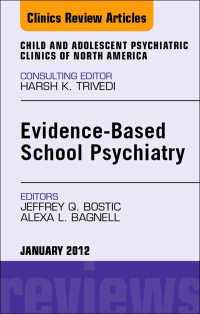

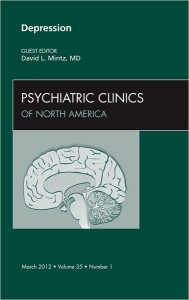
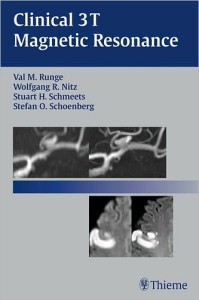

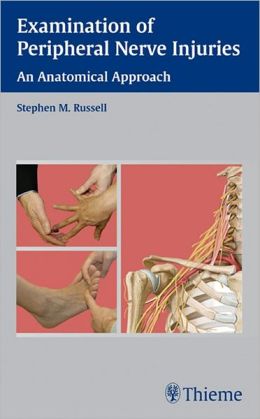
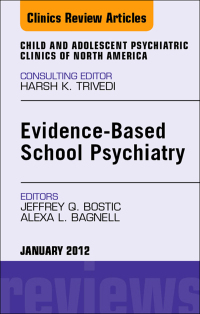
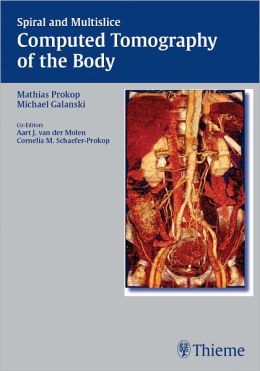

Reviews
Clear filtersThere are no reviews yet.